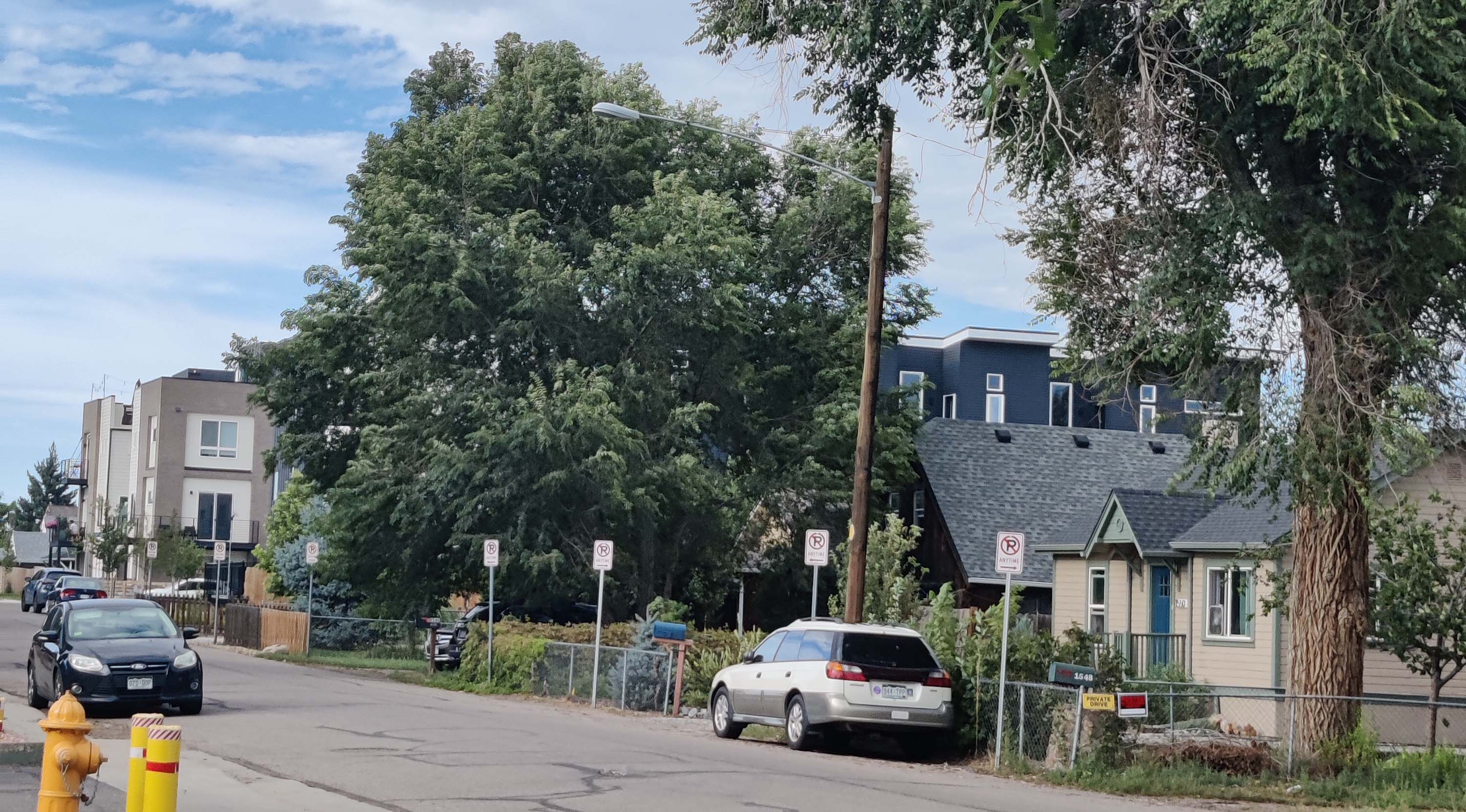As residents and business owners cry for help in controlling the effects of drug use and crime surrounding our homeless populations, Jefferson County is supporting safe drug use in our most affected communities. Serving all of Jefferson County, Points West operates out of Lakewood to provide harm reduction materials and service referrals to those who want them. Lakewood business owners are now coming to City Council, pointing out that the need for a safe society for business operations conflict with providing materials for continued drug use.

Points West has an outreach program that was started in 2020. Their website reads, “Initially intended as COVID-19 mitigation… within a few months the program evolved into a Points West project centered on harm reduction.” Points West now conducts street outreach efforts throughout Jeffco on Tuesdays and Fridays by actively driving around to search for people who appear to be living outside. They specifically serve the Lakewood area every other week. Their schedule is posted at https://www.instagram.com/pointswestssp/
Harm reduction drug use materials have helped many individuals avoid diseases that can be communicated through shared needle use. These supplies are intended to help the entire drug use population and are not linked to any recovery effort or incentive program.
Some residents and business owners experience the negative effects of growing drug use among a swelling homeless population. According to one Council Member, residents are finding drug paraphernalia near their houses and sidewalks where it is was not found before.
At one City Council meeting in August, two business were heard regarding regional homeless, drug and crime increases that have negatively affected their business. In both these cases, the city has been unable or unwilling to effectively help. These businesses have asked the city for help multiple times, requesting actions such as increased patrols and posted signs for deterrents. For them, supporting drug use does not make sense.
One owner expressed his frustration with finding Points West onsite supporting the population he believes is causing him to lose tenants. “I believe the ability to be safe is important, but to come to the area that we’ve identified multiple times as a problem — I don’t believe that’s ok.” Another business owner said she may lose her license due in part to regional problems along Colfax Ave.
Points West provides outreach to all areas including urban corridors and suburban neighborhoods. They visit homeless encampments they’ve seen or areas they’ve been to before, such as Colfax or the area surrounding the RTD station on Wadsworth that was discussed in City Council. For this reason, author Michael Shellenberger points out that what America calls a “homeless encampment”, Europe calls an “open drug scene”.
Jefferson County Public Health estimates that Points West serves an estimated 150-250 people per month, including those served for sexual health tools and referrals to other services.
Why are safe drug use programs increasing while residents continue to experience negative effects of a population with high drug use rates in their neighborhoods? To quote an old saying: “Follow the money!“ According to Points West, their street outreach program was initiated through COVID-19. Unfortunately, there has been no increase in comparable grant funding for police and court action needed to prevent and prosecute low-level criminal drug use.
Points West currently has a temporary office at Recovery Works on Colfax. Lakewood has applied for a Department of Local Affairs 0grant that will be used to fund the expansion of Recovery Works .
Reader Recommended Business:

JD Services: 346-217-8958. “We do fences, patios, ponds and so much more.”





